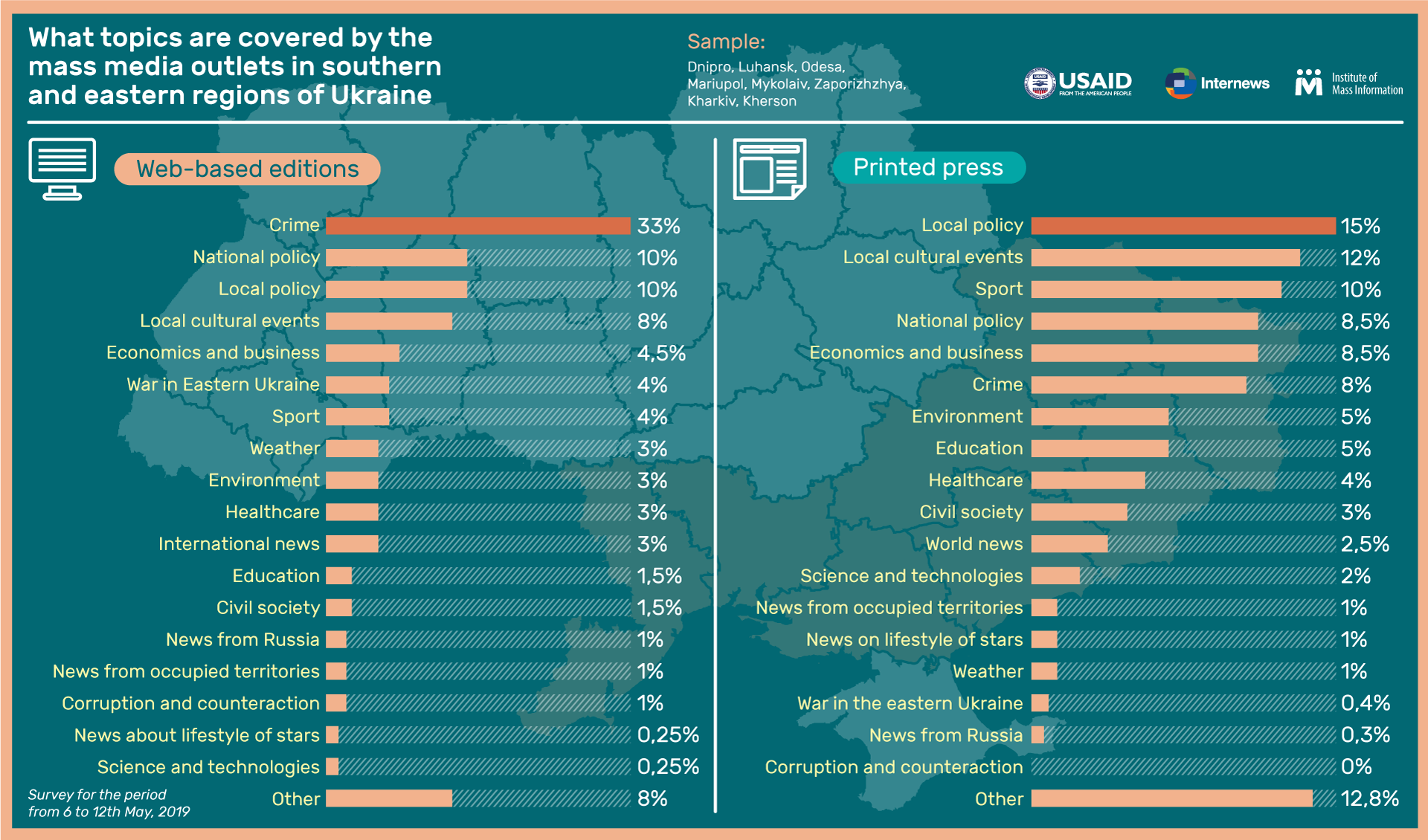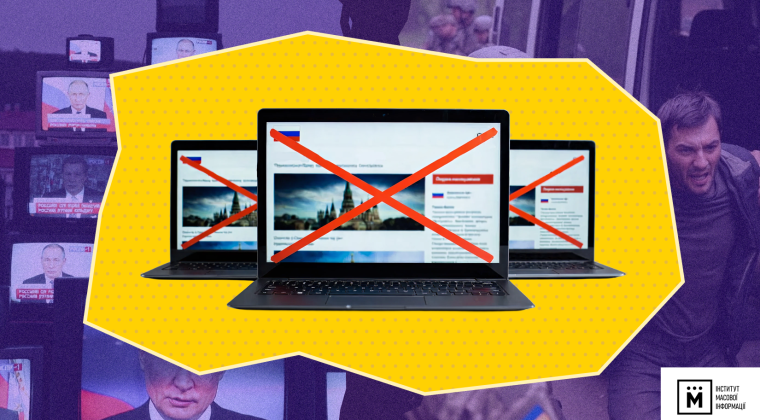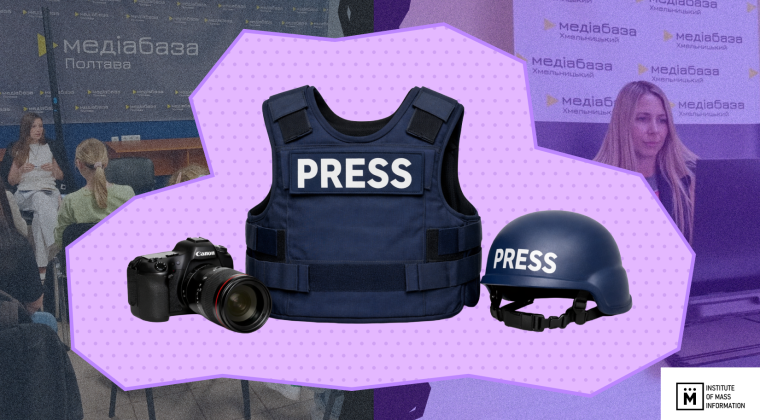(Photo credits: FBI.gov)
One third (33%) of materials in regional web-based editions deals with the criminal chronicle and extraordinary events. Instead, these figures are significantly inferior in the printed press : 8% of the materials.
Such is the conclusion of the mass media survey held by the Institute of Mass Media in eight eastern and southern regions of Ukraine (Zaporozhye, Mykolaiv, Odesa, Kherson, Dnipro, Kharkiv, Luhansk and Donetsk). *
More frequently, the crime is covered by the web-based editions in Kharkiv and Dnipro regions: respectively, 49% and 42.5% of the stories are devoted to this theme, and in the printed press the criminal news are published the most in the newspapers of Mykolaiv and Kherson : 25% of the materials for each region.

The themes dealing with “national policy” and “local policy” were found out to be at the second position in the online media (at the average, 10% of the news). So, the most of news about local politics are identified in the web-based editions of Zaporozhyzhya: 15% of the materials, the most attention to the national policy is paid in the web-based editions of Mykolaiv: 14%.
The printed press paid the most of attention to the issues of “local policy” : 15% of news, the these figures are highest in the newspapers of Lugansk region: 27%.
At the second place in the printed press was found out the coverage of sport, at the average 10% of news. The most of such news were published in the Odessa newspapers : 38% of materials. In the online media, the level of coverage of sports is much lower : 4% of the materials.
The cultural events at the local level are frequently covered by both online and printed press outlets. Thus, the web-based editions had 8%, of such stories and the printed press had 12% of the materials covering the local cultural events.
The education and medicine are covered at the average by 5% and 4% of materials in printed press respectively and 1.5% and 3% in the web-based editions.
The level of coverage of the Joint forces operations was low both in the printed press and in the online mass media : 0.4% and 4% respectively. Even less of attention is paid to the coverage of temporarily occupied territories in the regional media: these figures are only 1% of the materials.
“Such an news vacuum in Ukrainian mass media regarding Ukraine’s uncontrolled territories in the eastern part of Ukraine and in the Crimea deepens the schism of Ukraine, since people in the occupied territories got exclusively negative information about Ukraine, while Ukrainian citizens do not have information about the life in the non-controlled territories of Ukraine at all”, as Olena Golub, IMI expert said.
Basically, there are no materials in the regional mass media about corruption and counteraction to it, in the Internet media this index is 1%, and in the printed press it is about zero.
There is no news as well from Russia. The IMI expert Olena Golub esteems this is a positive trend. “Finally, Russia vanished from our news space,” she remarked.
* In the framework of the survey, newslines of 32 regional web-based editions and of 19 printed press editions in eight eastern and southern regions of Ukraine (Mykolayiv, Odessa, Kherson, Mariupol, Dnipro, Zaporizhzhyae, Kharkiv, Sumy) were processed. The total sample was 3088 materials in the online media and 714 materials in printed press.
The monitoring methodology covered news published between April 5th and April 11th, 2019, and further analysis of selected publications under theme categories.
This study was fulfilled with the support of the American people, which was provided through the USAID “Media Program in Ukraine” project, which is implemented by the international organization Internews. The content of the materials is solely under the responsibility of the NGO “Institute for Mass Information” and does not necessarily reflect the views of USAID, the US government and Internews.



